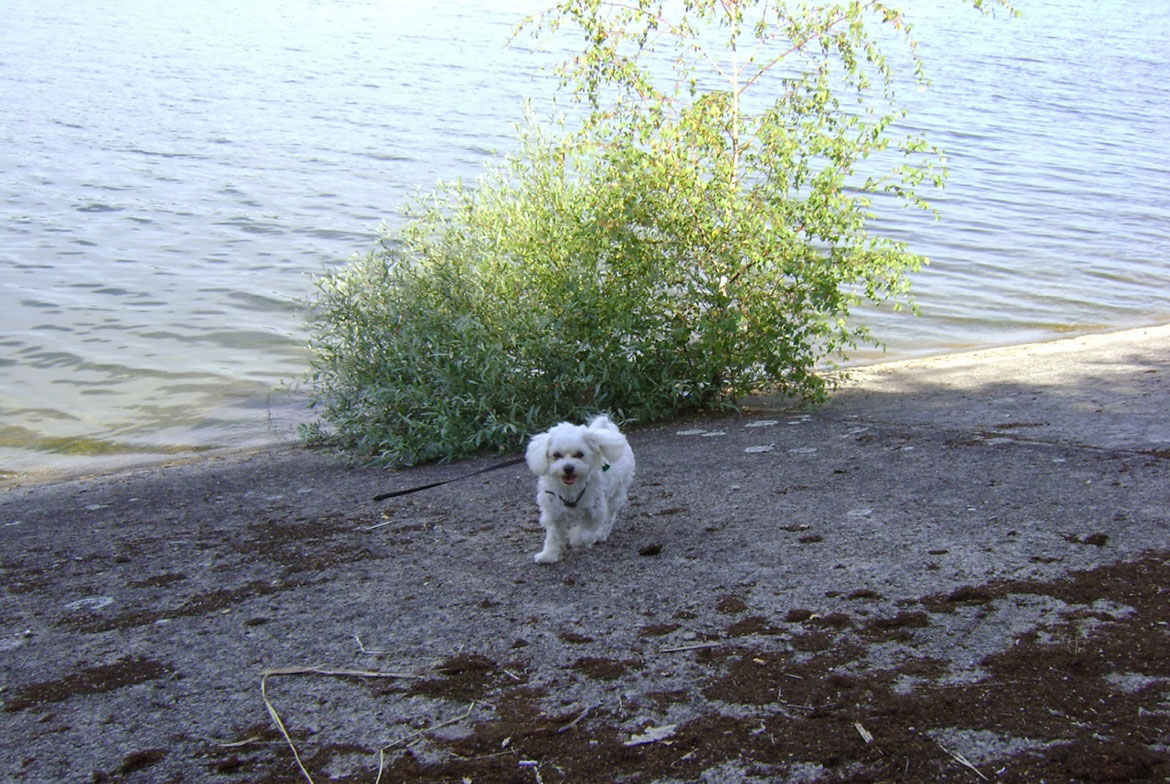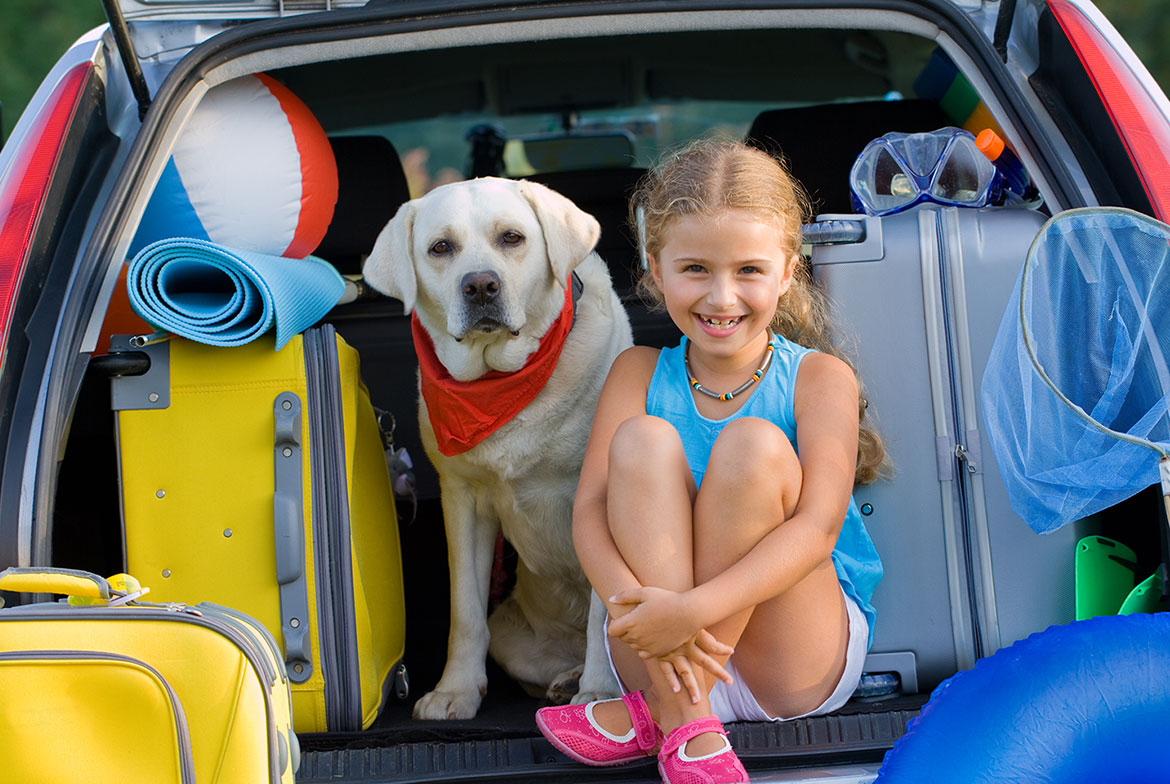Next time you plan your skiing trip to the Alps, why not consider bringing your dog? There are cross-country skiing dogs that pull their human along behind them, and we’re seen some husky-sled teams that invite guest dogs to join them. Of course, if you are only going on a week’s holiday and intend to ski all-day-every-day, it would be a bad idea to take your dog with you. But if you’re going for longer it could be fun for the whole family.
Here are some down-to-earth tips and tricks on how to take your dog skiing:
1. Don’t worry
Most people taking their pets abroad, particularly for the first time, are apprehensive. In reality, if all the rules and regulations are observed, there is nothing to fear.
2. Cut through the red tape
Regulations change from time to time, so make sure you keep up to date with the latest rules.
3. Get a passport and microchip your dog
The Pet Travel Scheme applies to all cats and dogs and allows them to enter or re-enter the UK from approved countries without quarantine. To comply, the pet must have been microchipped, have had a rabies vaccination and been issued with a pet passport.
4. The best way to travel
Eurotunnel is a fast and efficient way to get to France. You can remain with your pet for the 35-minute crossing. Alternatively, try a pet-friendly cabin with a ferry company like Brittany Ferries.
5. How to improve the journey
The Eurotunnel Flexiplus upgrade is a major benefit. It takes all the worry out of the arrival/departure time for the crossing and usually ensures a departure earlier than scheduled. If you have a long journey, give your pet a light meal before you go and remember to pack snacks for them (and your family). Plan to make plenty of stops along the way.
6. What do people in the Alpine countries think of dogs?
France, Austria and Switzerland are far more dog-friendly than the UK and dogs are readily accepted in most restaurants. If you’re driving through Germany, you’ll find that they are good about dogs too. Pets are susceptible to diet changes, so take adequate supplies of their usual food. Not many resorts allow dogs on lifts — and never chair-lifts. In winter they’re occasionally allowed to travel on (uncrowded) gondolas and cable-cars, whilst in summer most gondolas and cable-cars accept dogs.
7. Label your dog
Don’t forget a collar tag containing your mobile phone number and holiday address in case your dog is lost whilst you are away.
8. Book a vet
Make and keep the appropriate vet’s appointment prior to leaving France or Austria to have your dog treated against tapeworm: Echinococcus multilocularis. The treatment has to be administered no less that 24 hours and no more than 120 hours (1 – 5 days) before the scheduled arrival time in the UK. This is prevalent in the Alps, with the worm carried by foxes and can be picked up by dogs (particularly if your dog likes rolling in fox poo!) and then transferred to humans. Currently, the UK is free from Echinococcus multilocularis.
9. Keep your pet passport safe
…and make sure that the relevant pages are completed and stamped by the vet, as they will be checked by the transport staff prior to leaving France or Austria. They will also check that the microchip is in place, so ask the vet to show you its exact position. Don’t panic if the chip cannot be located immediately, as it can move.
10. Clean up after your dog
Just like at home, you will need to have a good supply of poo bags (though many resorts dispense free bags next to bins) and that you pick up after your dog. Some places require dogs to be kept on leads (such as in Austria and Switzerland) so only let your dog off the lead if you know you can control it.
Here’s a typical day in the Alps:
Up with the larks and a dog walk before breakfast.
Humans out on the first chair-lift and ski until lunchtime.
Back to the chalet or apartment for lunch and to collect the dog. This is optional, and you could do this at the end of your skiing day.
A walk into the mountains and, if you’re taking your dogs out for lunch, then you’ll need to find a suitable bar/restaurant for an afternoon in the sun with the occasional hot chocolate or vin chaud.
Gentle stroll back to the chalet or apartment in time to get ready for dinner.
The majority of residences allow pets to stay in their apartments, just ask your tour operator and they can check all the details before you book. Some limit the number of pets allowed per apartment and additional charges will be applicable (around 100€/pet/week). There is also a pet supplement for travel on the Eurotunnel.
If you love dogs, go to our Snow Dogs feature to see some great pictures, and find out about one person’s experience of a ski season with her dog.



